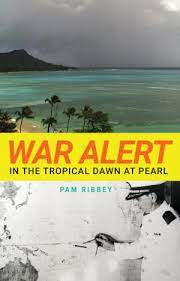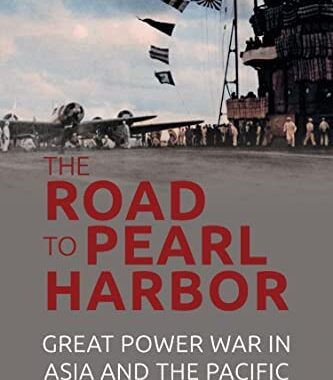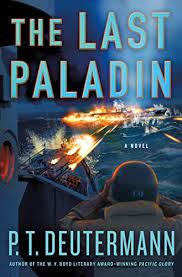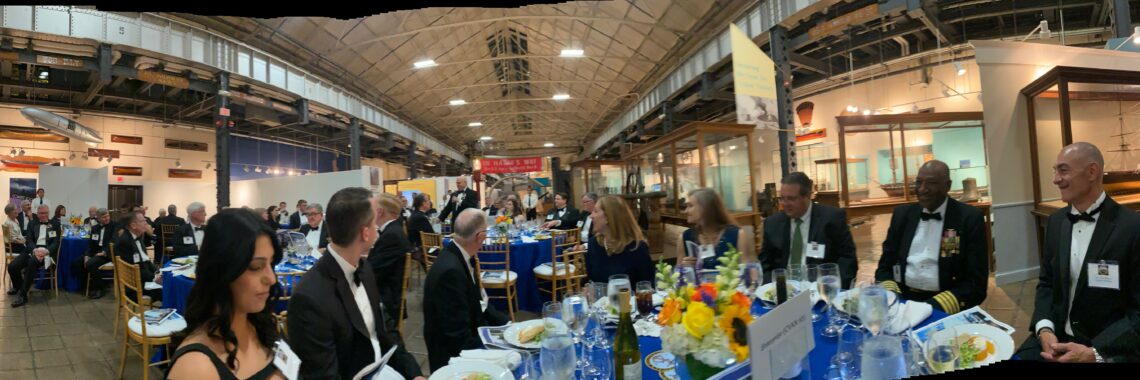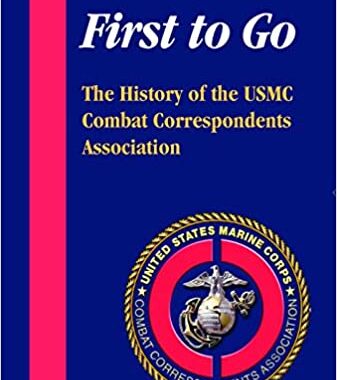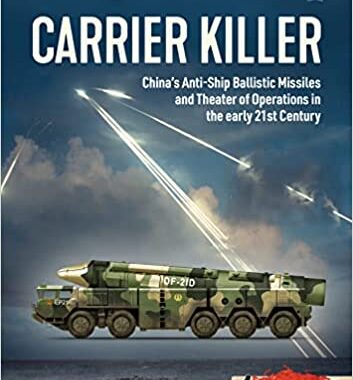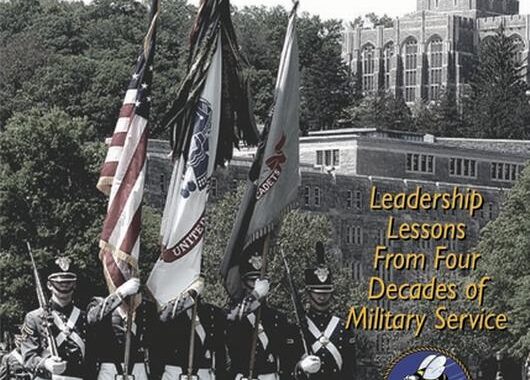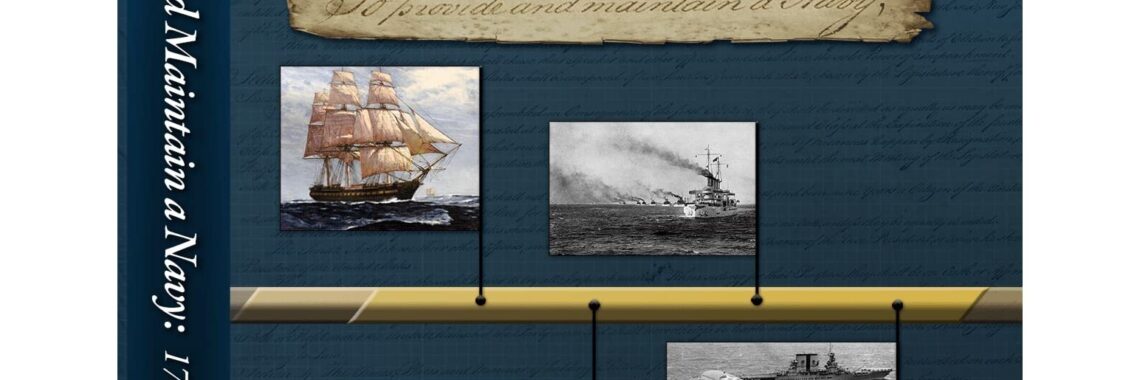War Alert in the Tropical Dawn at Pearl
By Pam Ribbey, Opus (2022) Rebuttal Review By Capt. J.R. Reddig, USN (Ret.) I read a review of this book and wanted to respond. By way of background, I served in three wars in uniform. Three that were declared, anyway. Others were undeclared, like the war in the Navy about communications intelligence. The issues were

